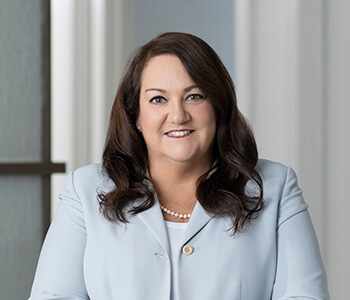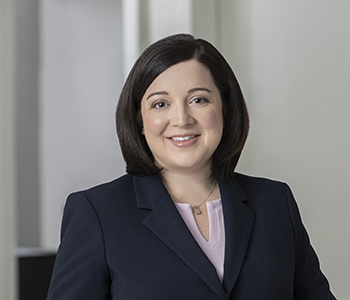Our Domestic Relations and Family Law attorneys know that our clients, just like our families, are unique and require understanding and careful attention to detail. We recognize that when our clients find themselves in need of a family law attorney, the circumstances are often stressful and full of emotion. In many cases, the initial consultation is the first time a client has ever met with an attorney. We are experienced in handling a wide-range of family law issues and the legal and emotional challenges which frequently accompany those matters. We strive to represent our clients’ interests taking into account the individual needs of our clients and the specific circumstances of their family law matter. Our attorneys will explain the options available to you and what to expect so that you understand each step of the process while counseling you about how to best approach your specific situation.
RKG Law attorneys are experienced in other areas of law and how they impact family law matters, such as real estate, taxation, estate planning and administration and business law. Family law clients benefit from significant depth of experience in our family law practice group and our broad range of professional experience in other areas. Each of our attorneys is committed to providing personal service tailored to your needs.
Support: Spousal Support & Alimony
Spousal Support and Alimony issues can be challenging and confusing. Our experienced attorneys will guide you through the nuances of support in Pennsylvania, including the documentation and information required to present a strong case. Click here to learn more about our representation in support matters.
Protection from Abuse Matters
Finding yourself involved in a Protection from Abuse (PFA) matter can be scary and confusing. Whether you have filed a PFA or have had one filed against you, the way you present your case in court will determine the final outcome of your PFA matter. Our attorneys are experienced at navigating the PFA system and litigating PFA matters in court. We will take the time to explain the process to you, prepare a strategy for court, and prepare you to testify, if necessary.
Guardianships
We all know someone who needs help. But when it’s a family member or other loved one who can no longer take care of themselves, the situation can hit especially close to home. Unfortunately, helping someone who is incapacitated involves a complex legal process that can present numerous pitfalls, particularly for non-lawyers. These cases are deeply personal and highly sensitive. You need someone who can understand your situation, explain your options, and then help you navigate the process through to its conclusion. This type of law requires a compassionate touch combined with results-driven advocacy.
Asset Protection & Pre-Separation Planning
Some spouses have more at stake than others when it comes to divorce or simply have unique circumstances that must be taken into account. Don’t go into your divorce unprepared – an attorney from RKG Law can help you get your affairs in order before starting the process. We help clients protect important assets, safeguard business interests, and shield income so that your property settlement will be fair and equitable. We methodically work through your assets and income to develop a plan to protect your post-divorce future.
Divorce
RKG Law attorneys and support staff will guide and support you throughout all of the aspects of divorce from separation to finalization and beyond. Click here to learn more about our approach to providing effective divorce representation.
Complex and High Asset Divorce
While every client in every case presents unique and important issues, some divorce cases involve added layers of complexity. These cases frequently involve marital estates which contain significant assets and individuals with high income. Our attorneys have extensive experience in complex divorce matters and will guide you through the many difficult legal and financial issues that arise in complex divorces by developing a strategy that best resolves all issues and obtains the optimum results for our client. Click here to learn more about how we can help with your Complex or High Asset Divorce.
Custody
Our experienced attorneys advocate for the rights of parents, grandparents and third parties. Reaching an agreement about child custody and visitation is often an emotionally challenging process. We will explain your rights and the legal standards applicable in custody matters. We will help you understand the differences between primary custody, partial custody, shared custody and other arrangements. Our attorneys will advocate for your rights as a parent with the best interests of your child or children in mind. We also represent grandparents and other relatives or third party caregivers seeking to assert their rights under Pennsylvania law. Click here to learn more about how RKG Law can assist with Custody Matters.
Child Support
We will help you understand the child support guidelines and provide counsel regarding your rights and responsiblities. Click here for more about how our attorneys can help with child support.
Prenuptial, Postnuptial & Marital Agreements
Do you need a Prenuptial, Marital Agreement, or Postnuptial Agreement? Click here to learn how RKG Law help determine the best way to protect your interests in a variety of circumstances.











